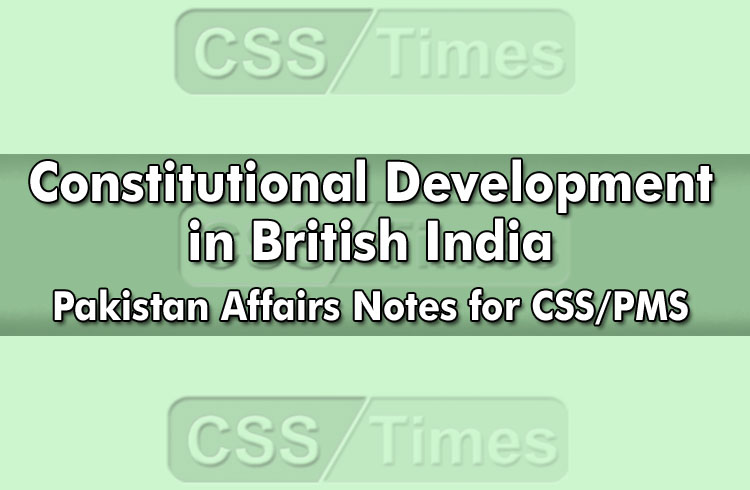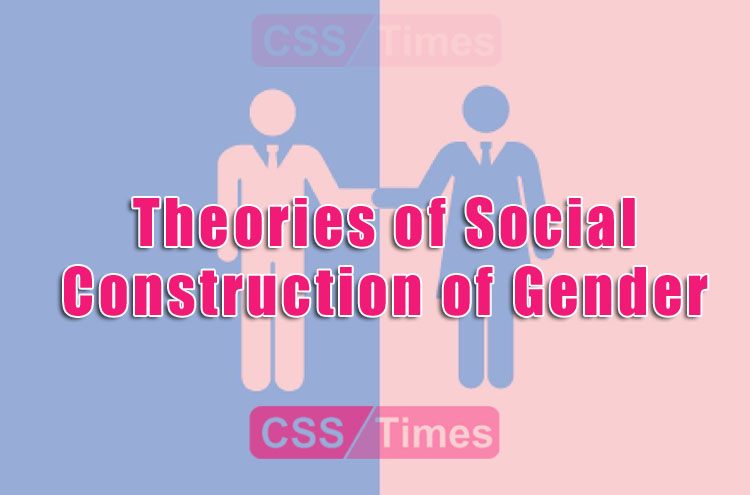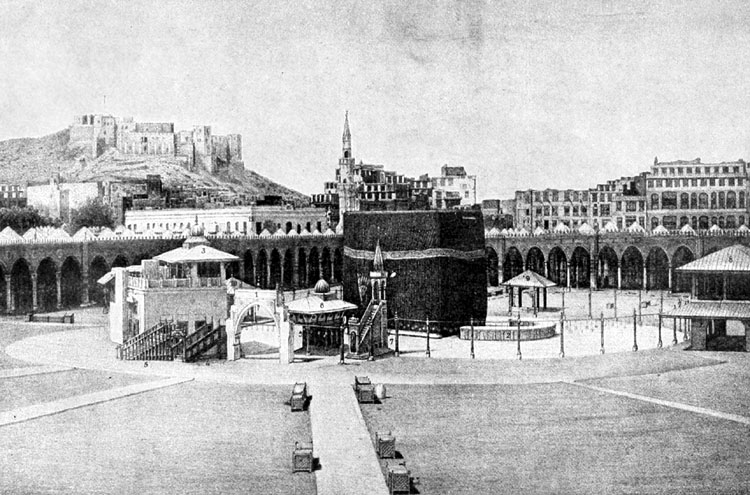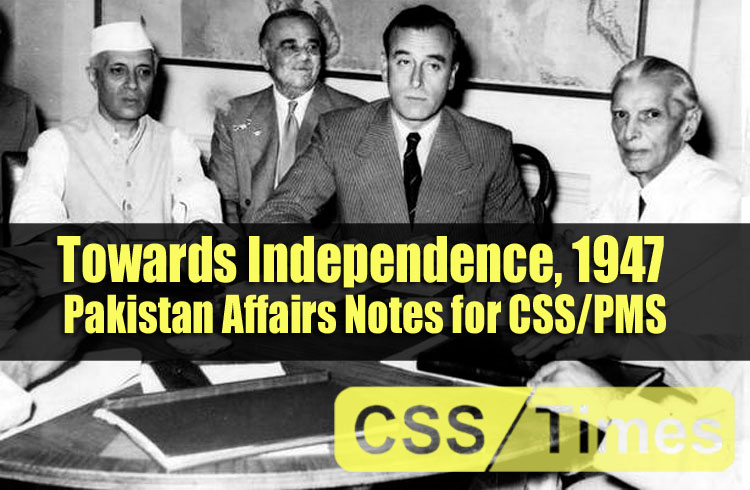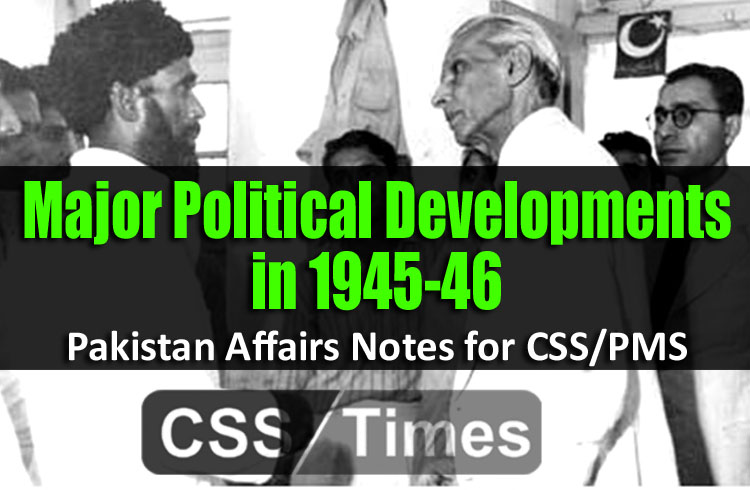A Chronology of Key Events of US History
1565 – First permanent European settlement in North America United States profile – St Augustine, present-day Florida – founded by the Spanish. North America is already inhabited by several distinct groups of people, who go into decline following the arrival of settlers.
1607 – Jamestown, Virginia, founded by English settlers, who begin growing tobacco.
War of Independence
1775 – American Revolution: George Washington leads colonist Continental Army to fight against British rule.
1776 4 July – Thomas Jefferson’s American Declaration of Independence endorsed by Congress; colonies declare independence.
1781 – Rebel states form loose confederation, codified in Articles of Confederation, after defeating the British at the Battle of Yorktown.
1783 – Britain accepts loss of colonies by virtue of Treaty of Paris.




